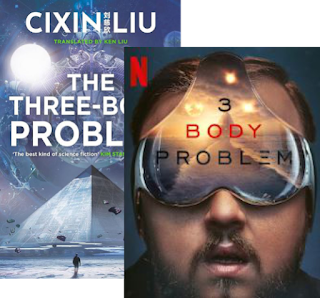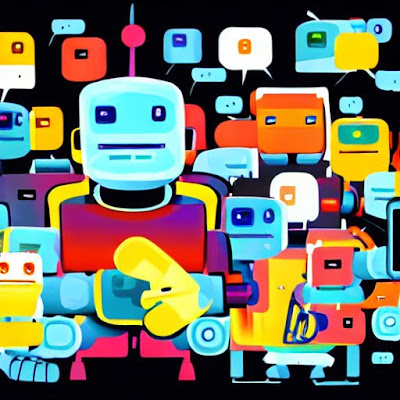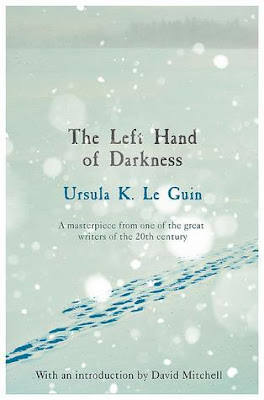Extended review to link from this tweet. GenV S1 previously covered much more briefly, here. Maybe I've been unreasonable, levelling so much criticism at a show that's a spin off of another that was always a little throw-away in terms of overall plot and production (more making pithy points, initially). But this showed promise that it squandered...
+ Tragedy: the actor playing Andre died in a motorbike crash, paid tribute throughout the season, following rushed rewrites. But, as far as I can see (having done little digging) the father character may have been given a bigger role to cover the same abilities. And I didn't feel like this could totally excuse the mess of continuity and pacing. Perhaps production timelines and financial pressure preventing sufficient delays to recalibrate..?
+ Plot hole [major spoilers]: Mid episode 4, Marie clocks Dean Cipher as *definitely* non-supe (just human) and tells the others. This key fact is inexplicably not mentioned in later episodes; the cast totally buys the bizarre explanation Stan pulls out of his arse about Godolkin being Cipher's 'trophy'. Mentioning, but ignoring, the fact he'd be too old at >100, especially for a burnt husk of a human. (Whether Stan deliberately deceived them is beside the point, but I didn't see reason he would help Godolkin, even if he could should have known, as former Vought intel.)
 |
| All a bit awkward and lost... |
+ Unbelievably dumb!: So, Marie rushing to heal Godolkin (end of Ep7) without hesitation is ridiculous. For what? So he can quickly divulge Cipher's weak spot..? How about punching him in the head real hard?! If Polarity (now at full strength) can block his mind control, then he's a squishy target, as far as they know. Why over-complicate things?
Even when the ensemble cast stupidly pile in, giving Cipher bodies they *know* he can control (eg Jordan), the obvious move was to just rush Cipher (well, his main puppet, Doug) all at once. Instead they stand about like NPCs so we can watch him play whack-a-mole.

.jpg)











